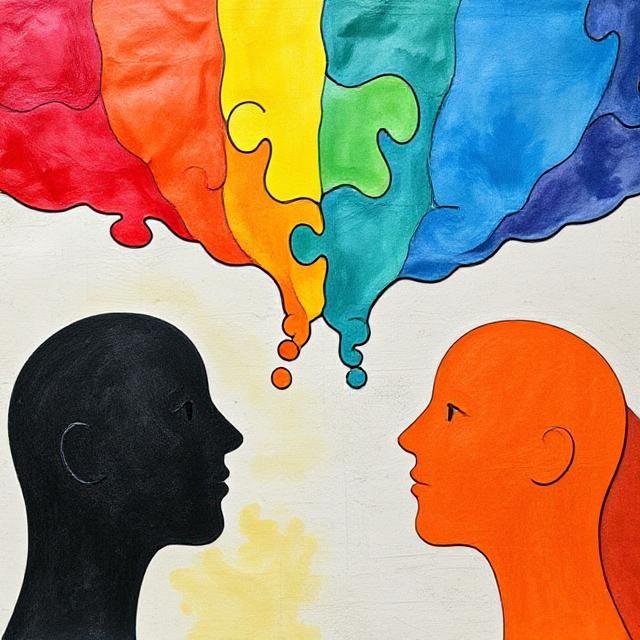Living With
- soulsunleashed
- July 11, 2025
With proper treatment and support, many individuals with bipolar disorder lead successful lives. However, managing the condition requires ongoing attention. Regular therapy sessions, medication management, and a strong support network are key to maintaining stability. For those with severe cases, staying in contact with a mental health provider and continuously assessing the effectiveness of treatment is vital.
Bipolar Disorder
An Overview of Disruptive Mood Dysregulation Disorder (DMDD)
Written by
soulsunleashed
Bipolar Disorder
What Is Cognitive Behavioral Therapy (CBT) and How Does It Work?
Written by
soulsunleashed
Bipolar Disorder
Comprehensive Guide to Treating Bipolar Disorder: Advances and Evidence-Based Approaches
Written by
soulsunleashed
FREQUENTLY ASKED QUESTIONS
What triggers bipolar episodes?
Stress, sleep disruption, substance use, and major life changes can trigger mood episodes.
Is bipolar disorder genetic?
Yes, genetics play a significant role, though not everyone with a family history develops the condition.
Can bipolar disorder go away?
Bipolar disorder is a lifelong condition, but symptoms can be managed effectively with treatment.
Can you work with bipolar disorder?
Absolutely. With treatment and support, many people maintain successful careers and productive lives.
KEY TERMS
Bipolar Disorder
A mental health condition characterized by extreme mood swings, including emotional highs (mania or hypomania) and lows (depression).
Mania
A period of abnormally elevated, expansive, or irritable mood and increased activity or energy lasting at least one week.
Hypomania
A milder form of mania, lasting at least four days, that does not cause major impairment in functioning.
Explore Living with
Bipolar Disorder
An Overview of Disruptive Mood Dysregulation Disorder (DMDD)
Written by
soulsunleashed
Bipolar Disorder
What Is Cognitive Behavioral Therapy (CBT) and How Does It Work?
Written by
soulsunleashed
Bipolar Disorder
Comprehensive Guide to Treating Bipolar Disorder: Advances and Evidence-Based Approaches
Written by
soulsunleashed
Bipolar Disorder
Understanding Labile Affect: Insights into Emotional Instability
Written by
soulsunleashed
Bipolar Disorder
Understanding Autism Spectrum Disorder and Bipolar Disorder: A Comprehensive Overview
Written by
soulsunleashed







